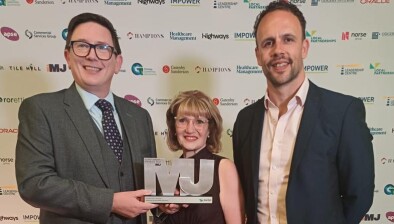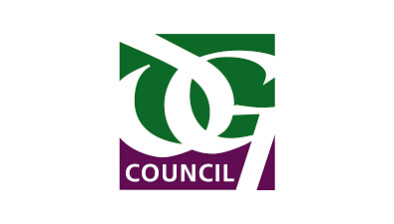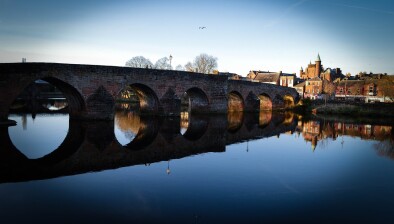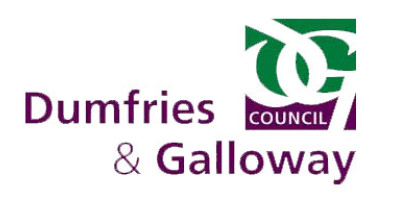Dumfries and Galloway Council agrees budget, raising council tax by 9%
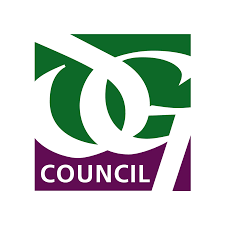
Dumfries and Galloway Council met as a Full Council on Thursday 27 February to agree its budget and set the Council Tax level for financial year 2025/26.
Councillors voted to increase Council Tax in an effort to protect frontline services and deliver planned projects. Earlier this month, it was reported that the council faced an estimated three-year funding gap of £34.32 million.
This is due to the impact of non-pay increases such as inflation, the estimated cost of implementing nationally negotiated pay increases, and cost-pressures on services – such as rises in demand for children’s residential placements within the council’s social work department.
As a result of the agreed budget and to balance its books, the council will:
- Implement a raft of revenue-raising initiatives – from a 9% rise in Council Tax charges in 2025/26 to increases in selected fees and charges relating to leisure and sport, licensing, registrars and bulky waste uplifts.
- Take forward a range of measures to address the funding gap – including savings options that formed part of the council’s Budget Consultation 2025/26 late last year – totalling £3.51 million in 2025/26, increasing to £13.13 million by 2027/28
In addition, the budget reflects the council’s commitment of a further £10 million to support the estimated whole-project costs of the Dumfries Academy/Loreburn Primary School Project. And an additional £1.16 million will also be allocated to tackling poverty and inequalities to support vulnerable people and mitigate cost-of-living increases.
The budget also contains development costs in 2025/26 to help progress capital projects including: Whitesands Flood Protection Scheme; Borderlands-funded projects including Stranraer Marina, Chapelcross and business infrastructure; and Locharmoss Solar Array Project
In addition, political groups agreed a joint motion at Full Council to take forward a range of measures associated with the agreed budget.
Dumfries and Galloway Council convener, Councillor Malcolm Johnstone, said: “Developing this year’s budget was not an easy task. We faced difficult decisions in balancing the financial pressures facing all local authorities with our commitment to the community we serve.
“We have ensured that services on which our communities rely are protected and that this budget reflects the priorities of our residents.
“We are immensely grateful for the key role members of the public played in helping us set this budget – your feedback and comments during the budget consultation in November 2024 guided us in making these hard choices.
“Increasing Council Tax was a tough decision to make. However, it’s a necessary one to allow us to maintain the vital role our council plays in supporting communities across the region while maintaining a prudent approach to managing our finances.
“Although there remain challenges ahead, this budget allows us to continue delivering the support and services that people living and working in Dumfries and Galloway have a right to expect.”
Councillors set the budget for financial year 2025/26 – the budget and Council Tax increases for 2026/27 and 2027/28 will be determined by Full Council in the lead up to the start of these financial years.
However, political groups are asked to present plans for the next three financial years. All groups’ future plans for 2026/27 and 2027/28 rely on the council making savings and increasing Council Tax to meet ongoing financial pressures and protect vital services.
Under the Local Government [Scotland] Act 1973 and the Local Government Finance Act 1992, a local authority must set its Council Tax before mid-March in the preceding financial year. A council is required to set Council Tax based on an overall balanced budget for the financial year.
To check your council tax charges, visit the website.




